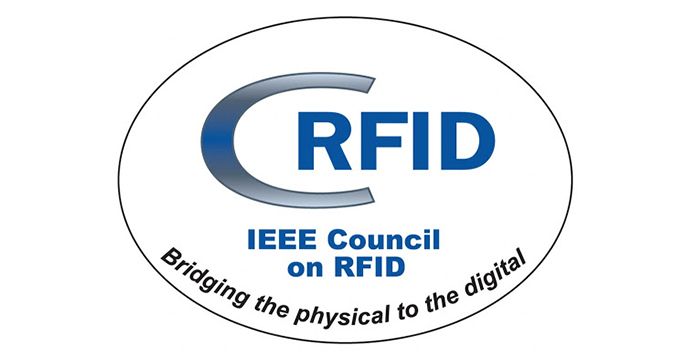 Fabiana ARDUINI
Fabiana ARDUINI
Department of Chemical Science and Technologies
University of Tor Vergata, Rome, Italy
Abstract: In the last decade, electrochemical paper-based (bio)sensors have garnered much attention in the sensing field thanks to their cost-effectiveness, easiness to use, and miniaturization. Besides these characteristics in common with the other electrochemical (bio)sensors, the features of paper, such as foldability and
porosity, have opened new unprecedented electrochemical (bio)sensor configurations allowing for reagent-free measurements, origami-like set-up, and the absence of sample treatment. Furthermore, paper-based electrochemical devices have overcome the limitation of other electrochemical sensors, being able to detect the target analytes not only in solution but also in aerosol phase and surface without any additional instrument, matching one of the top 10 emerging technologies of 2021, namely diagnosing diseases with a puff of breath. In addition, after the measure, the device can be burned, reducing waste management with a relevant decrease in analysis costs in the case of biological fluids. In this keynote, I will report how
we have exploited the features of paper to design smart biosensors able to treat the sample, contain any reagent needed for the measurement, on-site synthesize nanomaterials, and make the measurement delivering novel paper-based devices.
Short Biography: Fabiana Arduini is Associated Professor at Department of Chemical Science and Technologies, University of Rome “Tor Vergata”, CEO of start-up SENSE4MED, DG at ISO9001 Certified Laboratory LabCap, University of Rome “Tor Vergata”, Editor of Green Analytical Chemistry Journal, Elsevier, Associated Editor of Microchemical Journal, Elsevier, Specialty Chief Editor Micro- and Nano- Sensors, Frontiers in Sensors, and Coordinator of Italian Sensor Group, Italian Chemical Society 2019-2021.
Her research activity deals with the development of miniaturised electrochemical devices mainly using screen-printed electrodes modified with nanomaterials and paper-based analytical tools applied in environmental, biomedical, and defense sectors, with over 120 articles published in peer-review journals, H index 46, Scopus source, > 5 patents, coordinators of several national/international projects.
Her name is present in PLoS Biology https://doi.org/10.1371/journal.pbio.3000384 which listed the top 2% most cited researchers in the world.
